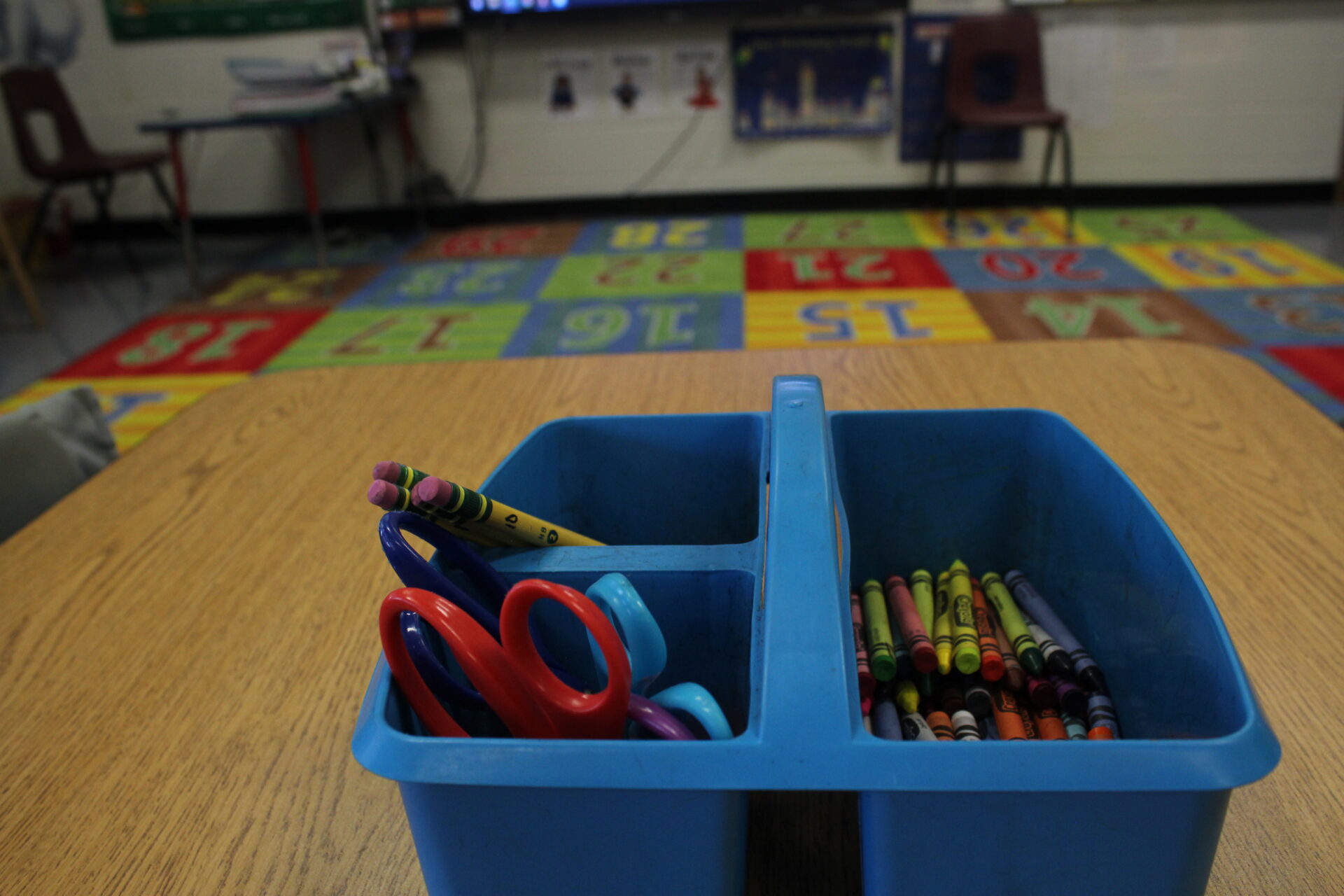For the past several years, educators have identified worsening classroom behavior and discipline as key issues in state school systems. A recent Senate bill aimed to address discipline in elementary grades but failed to pass the House of Delegates during the recent regular legislative session.
Jim Brown, executive director of the West Virginia School Board Association, told the state Board of Education Tuesday the bill was focused on punishment and does not deal with typical discipline matters.
“Having served as an elementary principal and a school district superintendent, I can attest this punitive approach fails to address the underlying issues and provide these students with the supports they need to succeed,” he said.
Brown said elementary schools are ill-equipped to manage, let alone address, the mental health issues students are dealing with and that schools should “not attack the child, but attack the behavior.”
“Only a small percentage of school districts in our state have an established alternative learning environment for elementary age students,” he said. “We need to acknowledge the reality of mental health challenges faced by our school-aged children, and the varying degrees of crisis they experience. It is imperative that we conduct an honest review of the supports available across our state, from urban communities to the most rural settings. To have that effectively address this pressing issue.”
Brown finished his statement by calling for the establishment of a statewide task force that brings together educators, mental health professionals, community leaders, parents, and policymakers to develop a holistic strategy to tackle the mental health crisis in schools.
His sentiments were echoed by others addressing the board, including West Virginia Education Association President Dale Lee, as well as West Virginia Professional Educators Executive Director David Gladkosky. They discussed the possibility the bill could be brought back up in a proposed special session this month or in May.
Financial Literacy
Several West Virginia Board of Education policies were placed on public comment during the April meeting, including Policy 2520.4, relating to West Virginia College and Career Readiness Standards for Social Studies. The proposed changes would separate personal finance, which is currently taught as part of required civics courses, out to its own standalone requirement and course
Board member Debra Sullivan questioned the wisdom of splitting the two subjects. Joey Wiseman, director of West Virginia Department of Education (WVDE) Office of Student Enrichment, said the intent of the personal finance was always to have it be a separate course, and doing so allows educators and students to better focus on each subject.
“Now those standards look the same as a personal finance [course] they’re teaching in CTE (career and technical education), it’s the same all the way across,” Wiseman said. “It’s a very rigorous set of standards.“
He also pointed out that personal finance will not become a required credit for another two years, giving teachers and schools time to fit the new course into schedules.
WVDE Regional School Safety Meetings
During last month’s board meeting, the West Virginia Department of Education announced a series of school safety conferences across the state this spring. Dates have now been scheduled for the 2024 Regional School Safety meetings. The meetings will bring together county and school administrators as well as school safety personnel to share administrative updates that are important during a crisis event. Topics include updates on how to submit plans and code student data. Dates and locations include:
- May 7, Embassy Suites, Charleston
- May 10, White Palace at Wheeling Park
- May 13, West Virginia School of Osteopathic Medicine
- May 16, West Virginia Schools for the Deaf and the Blind (WVSDB)
